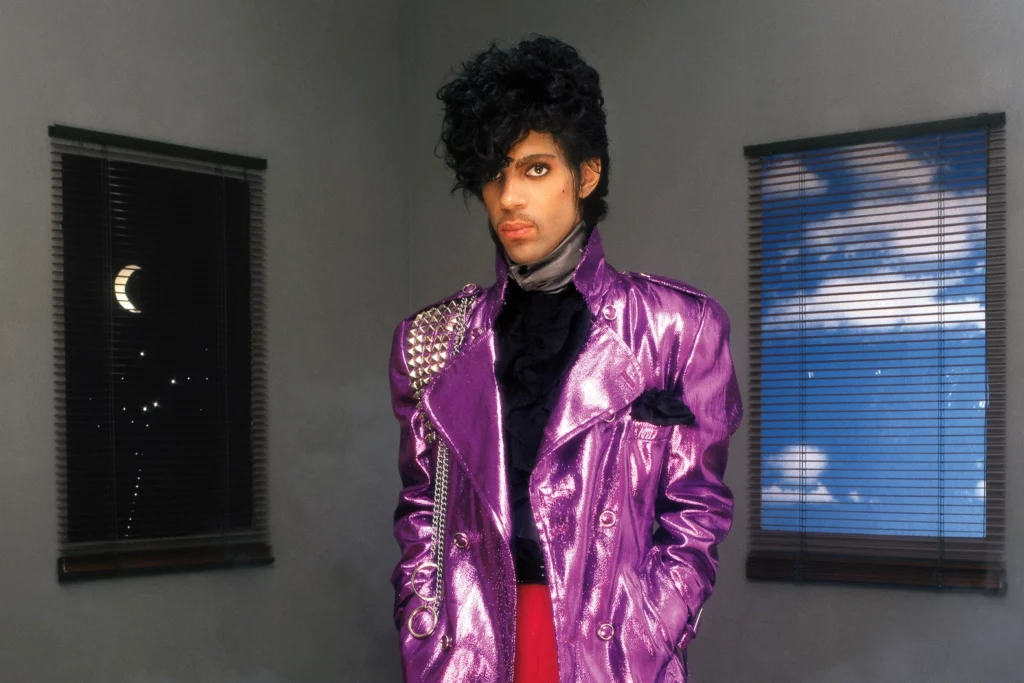When Prince announced that his new album, HitNRun, would be released exclusively on Tidal, the singer explained why he bypassed a record label and offered the LP directly through Jay Z’s streaming service. But did you know that Prince hated record labels and compared them to slavery?
In 2015, Prince expressed his disdain for record labels, saying, “Record contracts are just like — I’m going to say the word — slavery.” He concluded, “I would tell any young artist… don’t sign.” At the time, he advocated for artists to be paid directly from streaming services, bypassing intermediaries.
What was Prince’s Advise to Younger Artists?
Prince, the music icon, is concerned about the future of the music industry for artists, and his top priority can be summed up in one word: freedom.
Record contracts are just like — I’m gonna say the word – slavery. I would tell any young artist, don’t sign.
Prince, Musician
His pitch to the group was straightforward: typical record company contracts turn artists into indentured servants with little control over how their music is used, especially when it comes to revenue from streaming services that play their music online, and he wants to change that.
Cellphones and recording devices, as well as alcohol, were prohibited at Paisley Park, so no photos or audio of his words were taken.
Sitting at the head of a glass table emblazoned with his trademark image of the astrological symbols for male and female, Prince wanted to promote his new partnership with Jay Z and the rap star’s new music streaming service, Tidal.
He discussed how his contract with Jay-Z still allowed him to collaborate with other artists on songs that might be released elsewhere, emphasizing the importance of artists controlling as much of the revenue from their work as possible.
Once we have our own resources, we can provide what we need for ourselves, Jay Z spent $100 million of his own money to build his own service. We have to show support for artists who are trying to own things for themselves.
Prince, Musician
He advocated for artists to be paid directly by streaming services for the use of their music, eliminating the need for record labels and middlemen. He also chastised Clear Channel, claiming that its dominance in the radio industry homogenized stations across the country. (Source: Legal Cheek)
Warner Brothers versus Prince
Warner Brothers requested that he release fewer songs to avoid market saturation. His label argued that this would allow it to promote his work more effectively. Unfortunately, Prince was not on board.
In an audacious but ultimately futile attempt to escape his contractual obligations with Warner Brothers, the actor changed his name to a symbol. Others gave Prince more credit at the time, claiming that it was all a ruse to annoy his label. Regardless of the reason, Prince was still bound by the contract.
Prince made a series of public appearances with the word “slave” written across his cheek for the remainder of the contract, making it abundantly clear how unhappy he was. To fulfill his legal obligations, the singer released a string of subpar albums and lackluster singles, much to the chagrin of his devoted fan base. (Source: Legal Cheek)
Image from Rollingstone
